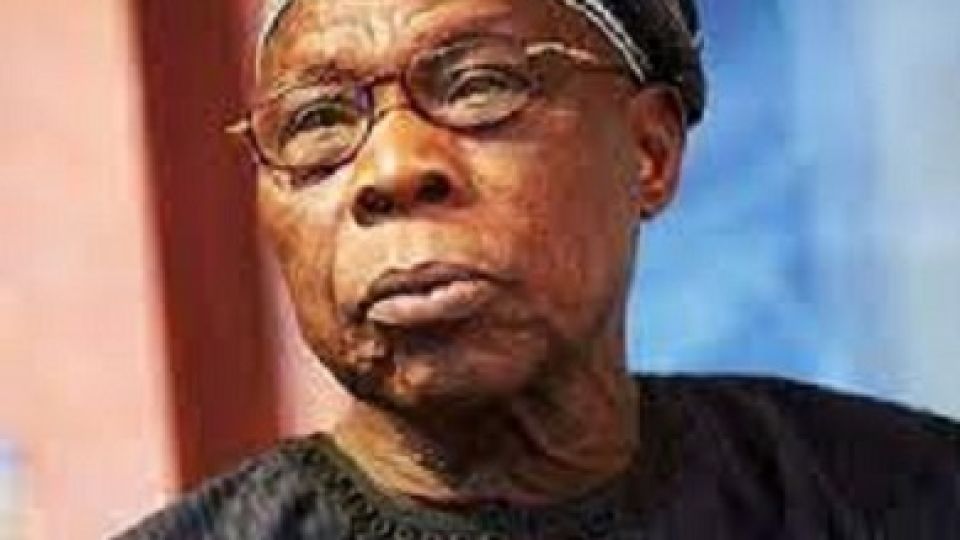from OKORO CHINEDU in Lagos, Nigeria
Nigeria Bureau
LAGOS, (CAJ News) – ETHNIC differences are intensifying ahead of general elections scheduled for Nigeria next month.
This after former president, Olusegun Obasanjo (85), apparently endorsed Labour Party candidate, Peter Obi (61), ahead of his (Obasanjo’s) own party.
That is an unprecedented development in Nigeria’s tense political terrain. Obasanjo, the first president since the advent of democracy in 1999, is a member of the Peoples Democratic Party (PDP), now an opposition.
PDP lost power to the All Progressives Congress (APC) in 2015, led by current president, Muhammadu Buhari (80), who is ineligible for the upcoming polls because of term limits.
The Presidency has angrily reacted after Obasanjo was quoted as saying Nigeria was “hell” under Buhari.
Senior Presidential Special Assistant on Media and Publicity, Mallam Garba Shehu, stated, “As we said sometimes back, Mr Obasanjo’s tenure between 1999-2007, represented the dark days of Nigeria’s democracy, due to a slew of assaults on the constitution.”
The pan-Igbo sociopolitical pressure organisation, the South East Revival Group (SERG), said on the contrary, the endorsement of Obi by Obasanjo is “a welcome development.”
In turn, the organization has urged the PDP presidential candidate, Alhaji Atiku Abubakar (76), and the APC’S Alhaji Bola Ahmed Tinubu (70) to quit the race and step down for “the people’s choice.”
“In the first place, long before the presidential primary elections, all lovers of equity, fairness and justice advised Nigerian political parties to zone their 2023 presidential tickets to the South East,” said President and National Coordinator of the SERG, Willy Ezugwu.
The argument that the next president of Africa’s biggest country by economy and population (over 200 million people) should emerge from the South buoys SERG’s position.
Buhari is from the North, which is predominantly Muslim.
Ex-vice president, Abubakar, is also a Northerner and former Lagos mayor, Tinubu, is the predominantly Christian South.
An unwritten law is that the presidency must rotate between the regions. PDP’s Goodluck Jonathan was the last president from the south, from 2010-15. He had succeeded Umaru Musa Yar’Adua, who died in office.
SERG has quoted late governor of Kaduna State, Alhaji Abulkadir Balarabe Musa, as previously proposing that “for the sake of peace, justice and national unity”, the presidency should go to the South East region.
The Yoruba socio-cultural organisation, Afenifere, also called for a Nigerian of South East extraction to lead the country come 2023.
Ayo Adebanjo, the Afenifere leader and elder statesman, said based on “morality” the South East region should produce the next president “in the spirit of fairness and unity.”
“These Nigerian elders and statesmen, who have seen it all, cannot be wrong in their unanimous calls,” Ezugwu argued.
SERG believes Obi and running mate Yusuf Datti Baba-Ahmed are “youthful and have no baggage of corruption.”
Obi, the former governor of Anambra, quit the factionalised PDP in 2022.
“The public endorsement of the joint-ticket by former President Obasanjo has given the country direction and a hope for national recovery after years of maladministration and mismanagement of Nigeria’s natural endorsements,” Ezugwu said.
Another former PDP governor, Northerner Rabiu Kwankwaso (57), will lead his New Nigeria People’s Party (NNPP) into the watershed polls.
The West African country, the biggest crude oil producer in the continent, is divided roughly in half between Muslims and Christians.
Violence has marred preparations for the upcoming polls.
– CAJ News

